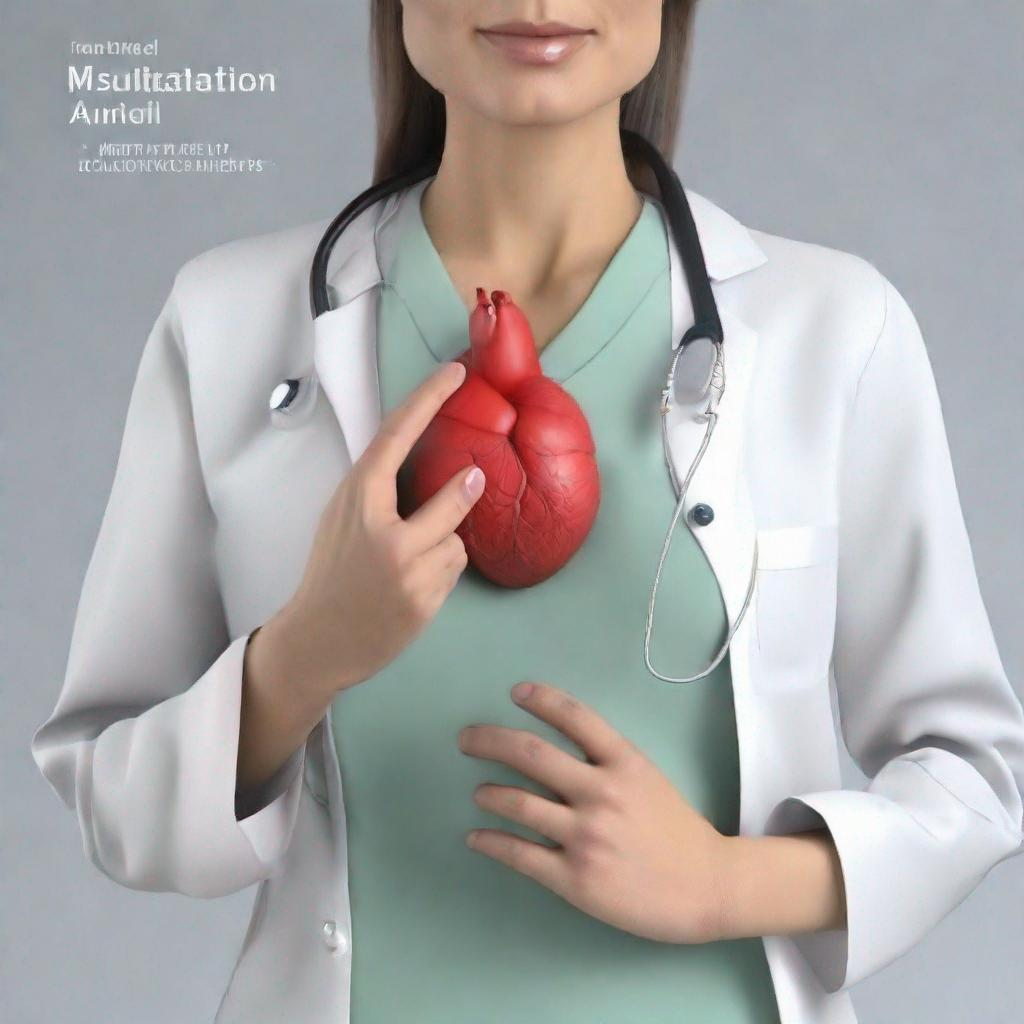## ALLERGY 15: A Comprehensive Guide for Patients
### Introduction
An **allergy** is an immune system response to a foreign substance, known as an allergen. Allergens can be airborne (such as pollen or dust), ingested (such as food or medication), or come into contact with the skin (such as latex or certain metals).
The **ALLERGY 15** test is a comprehensive blood test that can help identify the specific allergens that trigger allergic reactions. This test is especially helpful for people who experience symptoms such as sneezing, runny nose, itchy eyes, watery eyes, congestion, wheezing, coughing, skin rashes, hives, or gastrointestinal problems.
### Test Overview
The ALLERGY 15 test measures the levels of antibodies called *immunoglobulin E* (IgE) in the blood. IgE antibodies are produced by the immune system when it comes into contact with an allergen. The test measures the levels of IgE antibodies against 15 common allergens, including:
– Tree pollens (Birch, Oak, etc.)
– Grass pollens
– Ragweed pollen
– Dust mites
– Cat dander
– Dog dander
– Cockroach allergens
– Mold spores
– Peanut allergens
– Milk allergens
– Egg allergens
– Soy allergens
– Wheat allergens
– Fish allergens
– Shellfish allergens
### Conditions and Diseases Detected
The ALLERGY 15 test can help diagnose the following conditions and diseases:
– **Allergies:** The test can identify the specific allergens that trigger allergic reactions, such as hay fever, asthma, and eczema.
– **Asthma:** The test can help determine if asthma is triggered by allergies.
– **Eczema:** The test can help determine if eczema is triggered by allergies.
– **Rhinitis:** The test can help determine if rhinitis is triggered by allergies.
### Preparation Guidelines
To prepare for the ALLERGY 15 test, you should:
– Avoid taking antihistamines or other allergy medications for at least 24 hours before the test.
– Inform the healthcare provider of any medications you are taking, as some medications may interfere with the test results.
– Fast for 12 hours before the test.
– Bring your insurance card and a photo ID to the laboratory.
### Procedure
The ALLERGY 15 test is a simple blood test. A healthcare professional will draw a small amount of blood from a vein in your arm. The blood will be sent to a laboratory for analysis.
The test results will be available in a few days. Your healthcare provider will review the results with you and discuss the implications for your health.
### Duration and Waiting Time
The ALLERGY 15 test usually takes about 15 minutes. The results will be available in a few days.
### Additional Tests
Your healthcare provider may recommend additional tests to confirm an allergy diagnosis, such as a skin prick test or intradermal skin test. These tests involve injecting small amounts of allergens into the skin to see if they trigger an allergic reaction.
### Conclusion
The ALLERGY 15 test is a valuable tool for diagnosing allergies and identifying the specific allergens that trigger allergic reactions. If you experience symptoms of an allergy, talk to your healthcare provider about whether the ALLERGY 15 test is right for you.
**Additional Information**
The immune system is a complex system that helps protect the body from infection and disease. When the immune system encounters a foreign substance, such as an allergen, it produces antibodies to neutralize the substance. In some cases, the antibodies can trigger an allergic reaction.
Allergies are a common problem, affecting up to 50% of the population. Allergies can be mild or severe, and they can have a significant impact on quality of life.
There is no cure for allergies, but they can be managed with a variety of treatments, such as antihistamines, corticosteroids, and immunotherapy. Immunotherapy is a treatment that involves exposing the patient to small amounts of the allergen over time, so that the immune system can learn to tolerate the allergen.
**Keywords for Customer Search:**
– Allergy
– Allergy test
– Allergy panel
– Allergy profile
– Food allergy
– Drug allergy
– Insect sting allergy
– Asthma
– Eczema
– Rhinitis




